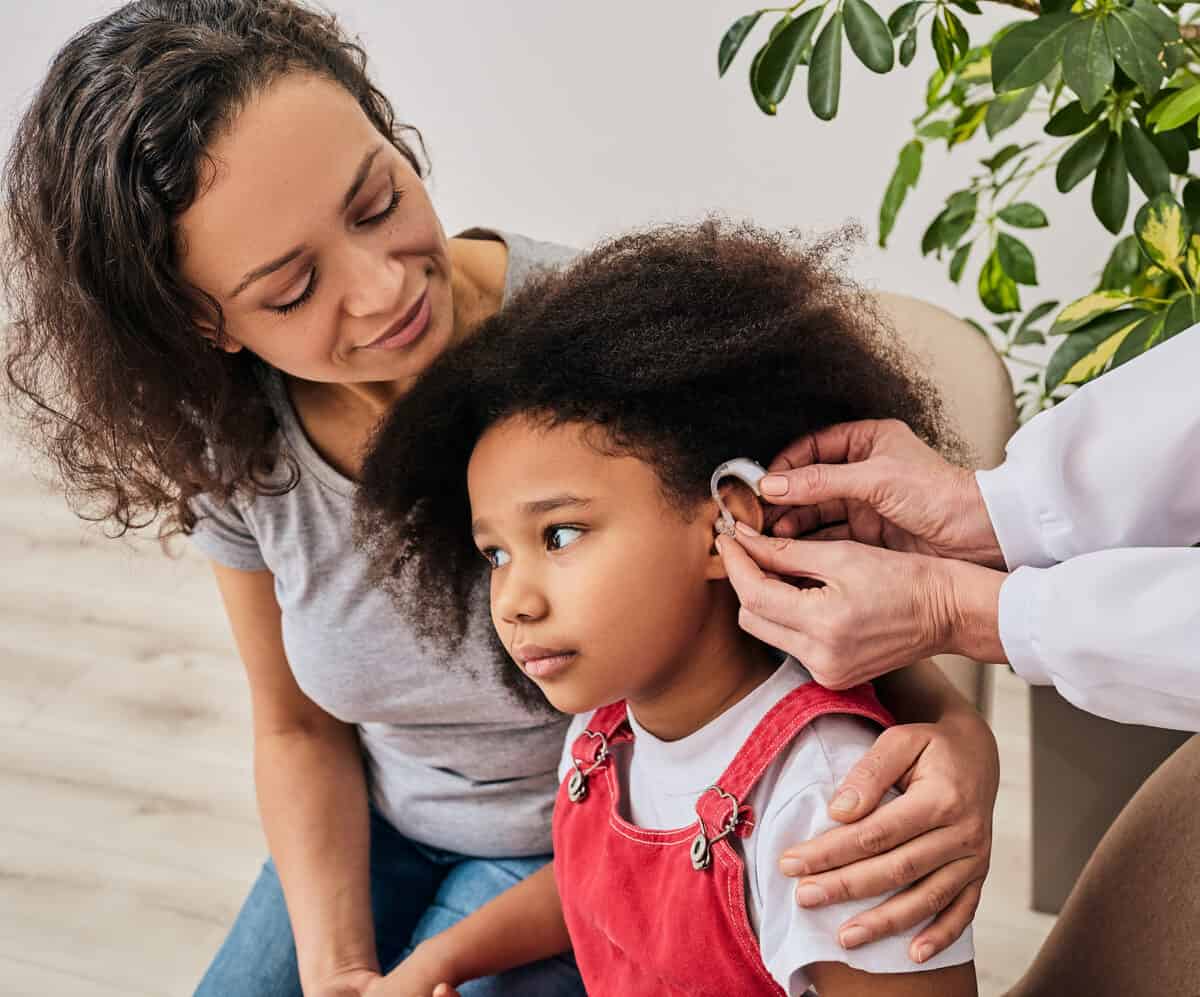When it becomes clear that your loved one is experiencing hearing loss, you may have already been noticing signs for a while. Our efforts to accommodate a family member or loved one’s hearing loss tend to stop short of speaking more loudly, but there are many more ways to bridge the gap between hearing and understanding.
Although raising the volume of your speech is helpful to many with hearing loss, it is far from the best step to take. The following strategies can make life easier for you and your loved one.
Communicate Clearly
Though many people with hearing loss appreciate a louder speaking volume, they can also sense frustration or even annoyance on the part of the speaker.
First of all, remain patient while talking with your loved one. In addition to raising your vocal volume, stand directly across from the listener when possible. Slightly slowing your speech and separating words from one another can also be helpful, but these accommodations come with the risk of seeming condescending.
Sometimes it will be more helpful to move closer to your loved one. Others have trouble separating speech from noisy environments, such as restaurants. In these cases, you should position yourselves so that your loved one with hearing loss has their back to the noise source.
Remove Visual Distractions
Reading lips is a more common strategy to compensate for hearing loss than we might think. Many hearing impairment do not even realize they are reading lips peripherally.
To make lip reading easier, the first step is to move within the listener’s line of sight. In addition, try to keep the room lighting bright enough to see the speaker. Of course, some situations will make lip reading difficult, such as driving in a car, but accommodate the sight of your loved one when you can.
At-home Accommodations
Beyond making it easier for your loved one to communicate, be sure to create a living environment that facilitates hearing.
Some people with hearing loss tend to raise the volume of televisions and music to a deafening level, even causing further damage over time. Perhaps there is a way to rearrange the room to place your loved one’s favorite chair closer to the television or speakers.
For those with severe hearing impairment, assistive technology is advancing very quickly. Telephones that combine ringtones with flashing lights can help alert your loved one to incoming calls. Many kitchen appliances are equipped with timers and indicators that use sound. Rather than an oven timer that may be difficult to hear, help your loved one set up a vibrating or visual timer for cooking and baking. Fire detectors with flashing lights are a significant technological advancement that can save lives. Computers, tablets, and smartphones now offer applications designed to make hearing easier, and you may want to get your loved one acclimated to these tools.
Hearing Aids
Getting your loved one in touch with a hearing specialist or audiologist may be the best step to accommodate the hearing loss. With the introduction of hearing aids into the everyday routine, simple tasks and communication with family members will become much more manageable.
The first step is encouraging your loved one to have a hearing test. This appointment will get the ball rolling in the direction of assistive technology, if necessary. However, your accommodating role is not complete once the appointment is made. Help your loved one get to appointments with ease, and help to calm any anxiety around the process of hearing aid implementation.
Many older sufferers of hearing loss worry about their ability to hold, manipulate, insert, and remove hearing aids. Many solutions are available to make these tasks easier, and practice is often the best course of action. Work with your loved one to learn to wear hearing aids, and you will benefit from the improvements in hearing and communication.
With these simple accommodations, a loved one with hearing loss will have a much easier time navigating the world. The most significant benefit to implementing these accommodations may be the ease of communication you experience, maintaining your loving relationship without tension or frustration.


